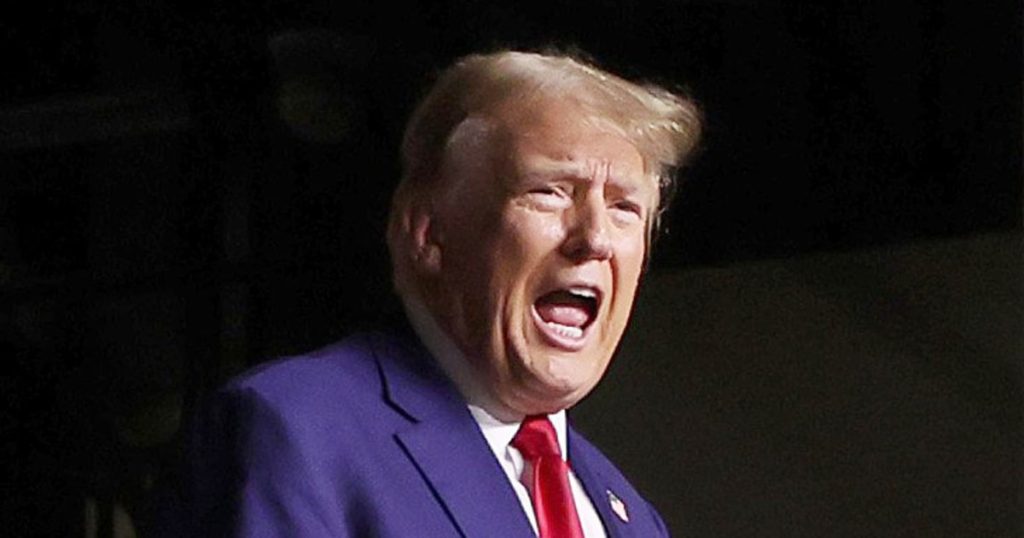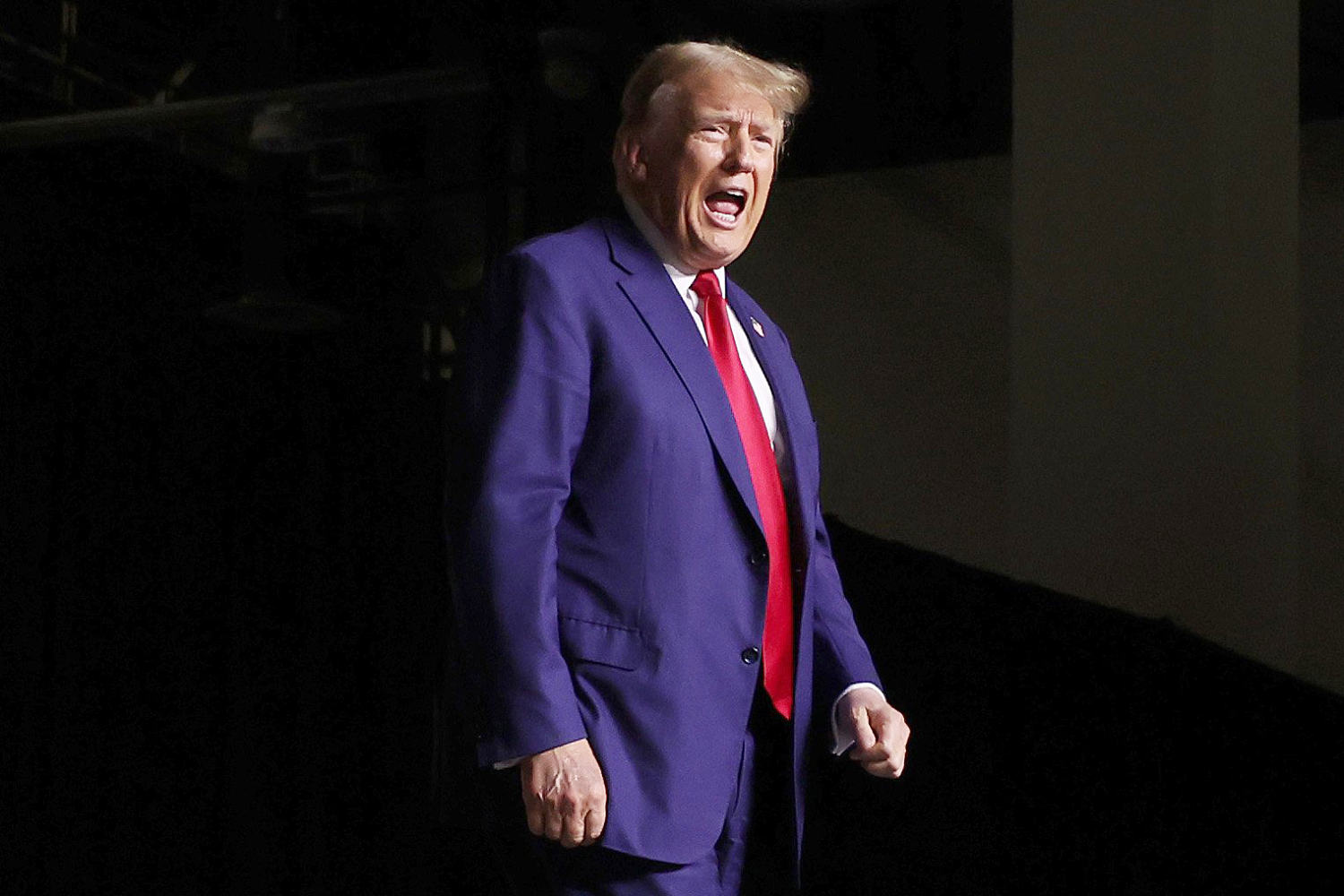

WASHINGTON — Lawyers for Donald Trump on Wednesday asked the Supreme Court to avoid deciding for now the key issue of whether the former president has broad immunity from actions he took challenging the 2020 presidential elections result.
The court filing was in response to special counsel Jack Smith’s request last week asking the justices to circumvent the normal appeals court process and quickly decide the legal question, which looms large in Trump’s criminal prosecution in Washington for election interference.
Trump’s lawyers argued in the filing that Smith has given “no compelling reason” why the Supreme Court should immediately step in.
Smith, the lawyers wrote, “confuses the “public interest” with the manifest partisan interest in ensuring that President Trump will be subjected to a months-long criminal trial at the height of a presidential campaign where he is the leading candidate and the only serious opponent of the current administration.”
Now that the Supreme Court has Trump’s response, it could act within days on Smith’s request. In the meantime, the U.S. Court of Appeals for the District of Columbia Circuit has scheduled oral arguments for Jan. 9 on the same question.
The justices now have to decide whether to jump in now, meaning the appeals court would not have a chance to weigh in, or wait to see how the lower court handles the issue.
Timing is of vital importance, with the trial scheduled to begin in March and the 2024 presidential race, in which Trump is the leading candidate for the Republican nomination, heating up.
Earlier this month, Washington-based U.S. District Judge Tanya Chutkan, who is presiding over the election interference case, denied Trump’s motion to dismiss his indictment on presidential immunity and constitutional grounds, prompting Trump to appeal and ask for the case to be put on hold.
Trump’s lawyers argue in part that his role in questioning the result of the election was within the “outer perimeter” of his official responsibilities as president, a phrase that appears in a 1982 Supreme Court ruling about presidential immunity. Therefore, under Supreme Court precedent, he is immune from prosecution, the lawyers say.
They also say that the Senate’s acquittal of Trump following impeachment proceedings over his role in events that led to the Jan. 6 attack on the Capitol by his supporters while Congress was certifying President Joe Biden’s election win means that he cannot be separately prosecuted for the same actions.
Smith counters that Trump’s role in seeking to overturn the election was not part of his official responsibilities as president and that the Constitution’s language on impeachment allows for separate criminal proceedings.
A federal grand jury in Washington indicted Trump on four charges in August: conspiracy to defraud the U.S., conspiracy to obstruct an official proceeding, obstruction, and conspiracy against the right to vote and to have one’s vote counted. Trump pleaded not guilty at his arraignment hearing.
Prosecutors allege Trump used “dishonesty, fraud, and deceit” to subvert the 2020 election with “pervasive and destabilizing lies about election fraud.” Trump was indicted after an investigation that included testimony from dozens of White House aides and advisers ranging in seniority up to former Vice President Mike Pence.
The election interference case is one of four criminal prosecutions Trump is facing.

 Latest Breaking News Online News Portal
Latest Breaking News Online News Portal




